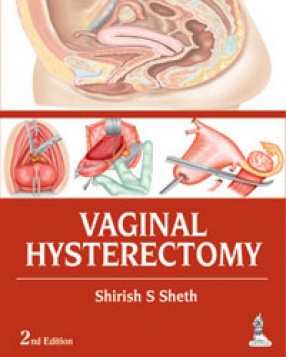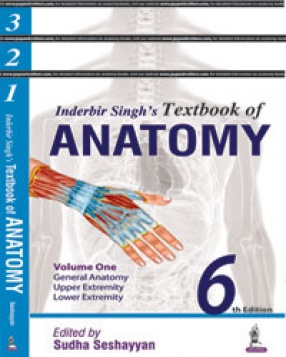A Gynecologist is frequently recognized in terms of his or her level of expertise in a particular type of hysterectomy—the one using a laparoscope is considered the most up-to-date and those performing it robotically are believed to have better surgical skills than others; in reality, this is far from true in most of the cases. As for patients, vaginal hysterectomy is by far the best, as scientifically it is the hysterectomy of choice in the best interests of women, from among all four available routes and techniques or combinations thereof. A procedure that is ideal in one situation and suited to a particular gynecologist may not be so to another in a similar or different situation. What needs to be considered is not the situation or the surgeon’s efficiency but the method that is ideal for a suffering woman. Commonly, hysterectomies are compared in situations where the clinical findings are clearly not comparable; the results of such comparisons can, therefore, misguide decision-making for doctors and patients.
Laparoscopic surgery is boon and a great addition to our armamentarium as it has demonstrated the superiority of the vaginal over the abdominal route beyond an iota of doubt. This has led to a reduction in the incidence of the latter and promotion of the former. In the developed as well as the developing world, more and more workshops advocating vaginal hysterectomy is a classic example of this home truth. It must be appreciated, however, that laparoscopically assisted vaginal hysterectomy (LAVH) can replace an abdominal but not a vaginal hysterectomy. In reality, vaginal surgery is the least invasive route because one is using the entrance designed by nature, i.e. the natural orifice, without making any additional cuts—and is kinder to the patient. Vaginal hysterectomy differentiates the gynecological surgeon from some of the self-anointed gynecologists—laparoscopic surgeons, general surgeons and others—who can easily remove the uterus through the abdomen with equal competence. If vaginal surgery was marketed to patients as “scarless surgery”, perhaps, it would become more popular in a consumer-driven society. Addition of robotic surgery to hysterectomy, has added a new facet, fascination and advanced technology to compare, evaluate and crystallize its place in an ever-evolving medical world.






There are no reviews yet.